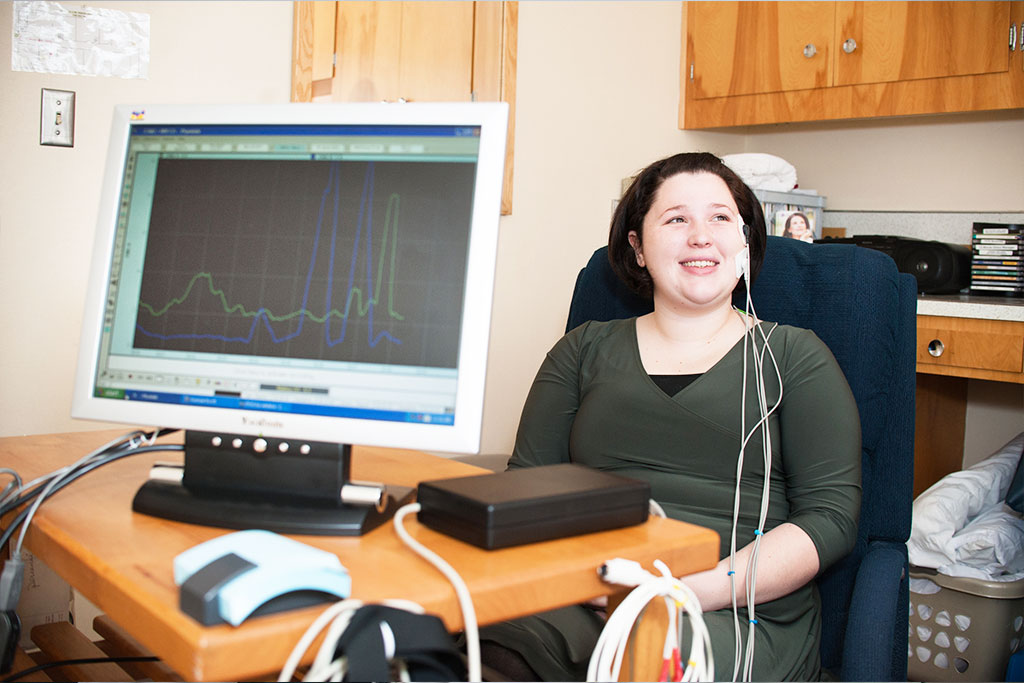Investigating The Way Sleep Disorders Interfere with Brainwave Activity as well as Impact Cognitive Performance
Investigating The Way Sleep Disorders Interfere with Brainwave Activity as well as Impact Cognitive Performance
Blog Article
Sleep is an crucial part of our everyday lives, allowing our bodies and mental faculties to rest and recover. However, many people suffer from sleep disorders, which can considerably disrupt slumber patterns. These disorders can result to various issues, including alterations in neural wave activity. Brainwaves are electronic impulses in the mind that reflect our mental state and function. When sleep is interrupted, the typical patterns of neural waves can be impacted, leading to problems with mental function, such as memory, focus, and decision-making.
There are various types of slumber disorders, including insomnia, slumber apnea, and restless leg syndrome. Sleeplessness is characterized by difficulty falling or remaining asleep, while sleep apnea involves pauses in breathing during slumber. Restless leg syndrome causes discomforting sensations in the limbs, resulting to an irresistible desire to shift them. Each of these disorders can disrupt the normal sleep cycle, which consists of various stages, including light sleep, profound sleep, and REM (rapid eye movement) slumber. Each stage plays a crucial role in preserving overall brain health and function.
When slumber disorders disturb with these stages, brainwave activity can become erratic. For instance, during deep sleep, the mind generates slow delta waves, which are important for bodily restoration and memory consolidation. If a person undergoes frequent awakenings or does not attain deep sleep, the production of these delta waves is diminished. This can lead to difficulties in acquiring new knowledge and retaining memories. Additionally, REM sleep, site which is associated with dreaming and affective processing, is also impacted. Disruptions in REM sleep can result to issues with emotional regulation and inventiveness.
The impact of slumber disorders on mental function is significant. Research has demonstrated that people with slumber disorders often experience difficulties with focus and concentration. This can affect their capability at educational institutions or work, making it challenging to finish tasks or participate in discussions. Furthermore, chronic slumber deprivation can result to mood changes, increased stress, and even anxiety or melancholy. These mental and emotional challenges can create a cycle, where poor sleep results to mental difficulties, which in turn can result to more sleep problems.
Tackling slumber disorders is essential for improving neural wave activity and mental function. Treatment options may include habitual changes, such as establishing a regular slumber schedule, establishing a comfortable sleep environment, and engaging in relaxation techniques. In some cases, clinical intervention may be necessary, such as using a CPAP machine for slumber apnea or medication for insomnia. By valuing slumber and pursuing appropriate treatment, people can enhance their overall cognitive abilities and boost their quality of life. Comprehending the connection between sleep disorders, neural wave activity, and cognitive function is an important step toward improved health and wellness.